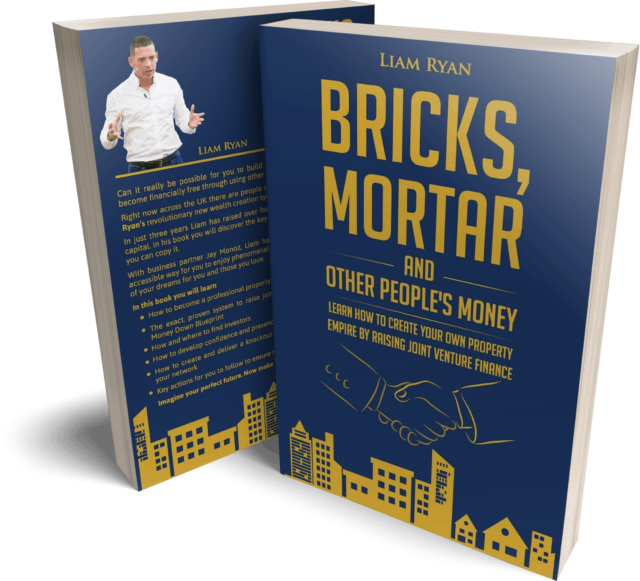Discover the best UK cities to invest in property in 2026, with strong rental demand, high yields, regeneration and growth potential.
Read More
When you invest in real estate, you can expect your biggest ROI once you resell the property. However, it will take time for the appreciation to reach a substantial amount before it is mature enough for reselling.
Table of Contents
ToggleThe good thing is that during this waiting period, you can utilize your investment and earn passive income by turning it into a property rental business. You have two options for this: short-term or long-term lease.
Now, which type works for your property? This will depend on several factors which we will discuss in today’s blog.
Long-term rentals cater to occupants who intend to use the property as a residence. The lease period usually ranges from 6 months to 1 or 2 years.
This rental business type would be ideal for properties that are near business districts or universities.
Advantages of a long-term property rental business
If you lease your property for a prolonged period, you ensure yourself of a fixed income that you can expect to receive on a pre-set schedule. If say, you agree on a one-year rental, then you will not have to worry about having vacancies or gaps for 12 whole months.
Renting long-term requires less frequent turnovers. Aside from ensuring the usual provisions like water, electricity, and heating, there is usually nothing much needed from your side.
You also save yourself from having to continuously advertise, answer inquiries, and process booking requests and payments.
Because most long-term rentals are offered bare, you will not need to spend money on furnishings and decor. This is a substantial amount that you can keep for yourself. Expenses for advertising are also minimal.
Additionally, the responsibility to conduct basic maintenance such as cleaning and minor repairs is also given or shared with the tenant.
Disadvantages of a long-term property rental business
The biggest downside of long-term property rentals is that the income potential is expectedly smaller. This is due to the fact that longer occupancy periods are generally offered at lower rental rates. Moreover, longer-term rental works at a fixed rate and does not maximize seasonal changes in rental demand.
You need to keep in mind that leasing out your property long-term means you will have limited access to it throughout the lease period. Being careful in choosing your tenant is crucial especially since you will be tied up in a contract with them.
If your property is in a tourist hotspot – perhaps near the beach, a historical town, or a national park – then you should consider turning it into a short-term rental business. Travellers who frequent these locations seek accommodations where they can stay for the duration of their visit.
Stay periods for short-term rentals can range from a single night to as long a month or two.
Advantages of a short-term property rental business
Based on statistics, the same property can generate three times more profit as a short-term rental compared to a long-term. Some property owners operating successful serviced accommodation businesses report that they can earn a year worth’s of profit for only the income generated during peak season.
Though this is certainly possible, this is dependent on multiple factors such as the property location, market trends, and of course, how well you can execute your business.
Leasing out the property for shorter periods means you will have the opportunity to access and use it in between bookings. After all, it is your property. This business type will give you more control without being locked up into the terms of a year-long contract.
Long-term rental owners always dread turnovers. After months or years of being occupied, properties are expected to require big renovations that are costly and complex.
If you operate it as a short-term rental, you can monitor the condition of the property more closely and work out maintenance issues while they are still small.
Disadvantages of a short-term property rental business
Though it comes with its benefits, a short-term business can be more demanding. Turnovers are more frequent and there is the constant need to promote, answer booking requests, process payments, and maintain guest ratings and reviews.
However, if your profits can cover the costs, it could be worth considering hiring a trustworthy property manager to handle the business for you.
Data does support that short-term rentals can bring in higher profits under ideal conditions. However, risks are very present too. Occupancy can go as low as much as they can go up. You must be ready for the possibility of going through booking droughts.
That is why…
Here at Assets For Life, we help property investors in becoming successful business owners. Click here to join our event, The Serviced Accommodation Summit!
Discover the best UK cities to invest in property in 2026, with strong rental demand, high yields, regeneration and growth potential.
Read MoreThinking of selling your buy-to-let? Learn how to time the market, manage tax and maximise equity with expert landlord advice.
Read MoreDiscover UK planning permission loopholes, permitted development rights and when you can extend, convert or renovate without consent.
Read MoreLearn what the Bank of England base rate is, how it’s set, and how changes can impact buy-to-let mortgages and property investors.
Read More
Claim Your Free Copy
Assets For Life LTD is a company incorporated in England and Wales with registered number 09935286 and registered offices at Assets for Life Ltd, Suite 105, Waterhouse Business Centre, 2 Cromar Way, Chelmsford, Essex, England, CM1 2QE, United Kingdom.
Assets For Life LTD is registered with the Information Commissioner’s Office, with registration number ZA280607
COPYRIGHT © 2024 ASSETS FOR LIFE, ALL RIGHTS RESERVED. WEBSITE BY AMPLIFY MARKETING